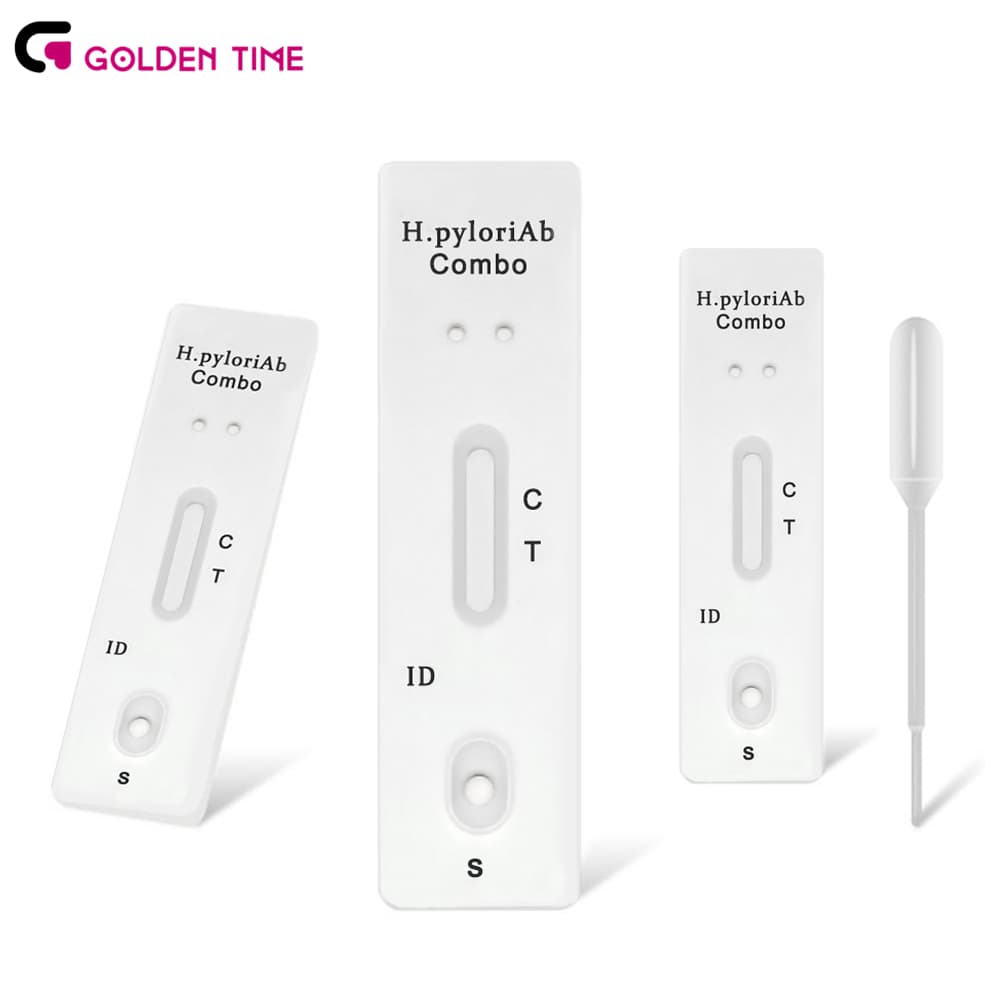Sep . 22, 2024 19:26 Back to list
h pylori diagnosis suppliers
The Role of Suppliers in Helicobacter pylori Diagnosis
Helicobacter pylori, a gram-negative bacterium, is a common cause of various gastrointestinal diseases, including gastritis, peptic ulcers, and even gastric cancer. Diagnosing H. pylori infection has become crucial in clinical settings, which has led to the increasing demand for reliable diagnostic tests. Various suppliers play a significant role in providing the necessary products and services for accurate H. pylori diagnosis. This article delves into the various types of suppliers involved in this arena, the diagnostic methods they provide, and their impact on patient outcomes.
The H. pylori diagnosis landscape primarily involves laboratory equipment suppliers, reagent manufacturers, and diagnostic test developers. Each of these suppliers offers a unique set of tools and solutions that healthcare providers rely upon for accurate detection of the bacterium.
Diagnostic Methods and Suppliers
1. Non-Invasive Tests One of the most widely used methods to diagnose H. pylori is through non-invasive tests such as the urea breath test (UBT) and serological assays. Suppliers of these tests provide kits that include specific reagents used to detect the presence of H. pylori antigens or antibodies in the patient’s breath or blood. Companies specializing in in vitro diagnostic (IVD) products have developed these tests to be user-friendly, providing quick results that are essential for timely medical intervention.
h pylori diagnosis suppliers

2. Invasive Tests Endoscopy is another method used to diagnose H. pylori, particularly in more complicated cases. This procedure allows physicians to collect gastric biopsies to perform culture tests or histological examination. Suppliers of endoscopic equipment, biopsy kits, and specialized staining reagents contribute significantly to the accuracy of H. pylori diagnosis by ensuring that healthcare professionals have access to advanced technologies and methodologies.
3. PCR and Molecular Testing The advent of molecular techniques, such as polymerase chain reaction (PCR), has revolutionized H. pylori diagnosis. Suppliers that develop molecular diagnostic kits enable laboratories to identify H. pylori’s genetic material with high sensitivity and specificity. This is particularly beneficial for patients who have undergone previous treatments and for whom traditional testing methods may yield false negatives.
Impact on Patient Outcomes
The relationship between suppliers and healthcare providers significantly impacts patient diagnosis and treatment outcomes. Suppliers that continually innovate and improve their products facilitate quicker and more accurate diagnoses. This can lead to more effective management of H. pylori infections, reducing the risk of complications such as gastric ulcers and cancers.
In conclusion, suppliers play an integral role in the diagnosis of H. pylori by providing the necessary tests, equipment, and support services. Their contributions enhance clinical workflows, ensuring that healthcare providers can accurately diagnose and treat infections promptly. As the medical field continues to evolve, the collaboration between diagnostic suppliers and healthcare professionals will be crucial in improving patient care and outcomes in the fight against H. pylori-related diseases.
-
Dengue NS1 Rapid Diagnostic Test Kit
NewsMar.07,2025
-
Dengue NS1 Rapid Diagnostic Test Kit
NewsMar.07,2025
-
Dengue NS1 Rapid Diagnostic Test Kit
NewsMar.07,2025
-
Transferrin Rapid Test Cassette Tumor Marker TF Card
NewsMar.07,2025
-
Malaria Pf Pan Rapid Diagnostic Test Kit
NewsMar.07,2025
-
malaria pf / pan ag rapid test
NewsMar.07,2025

